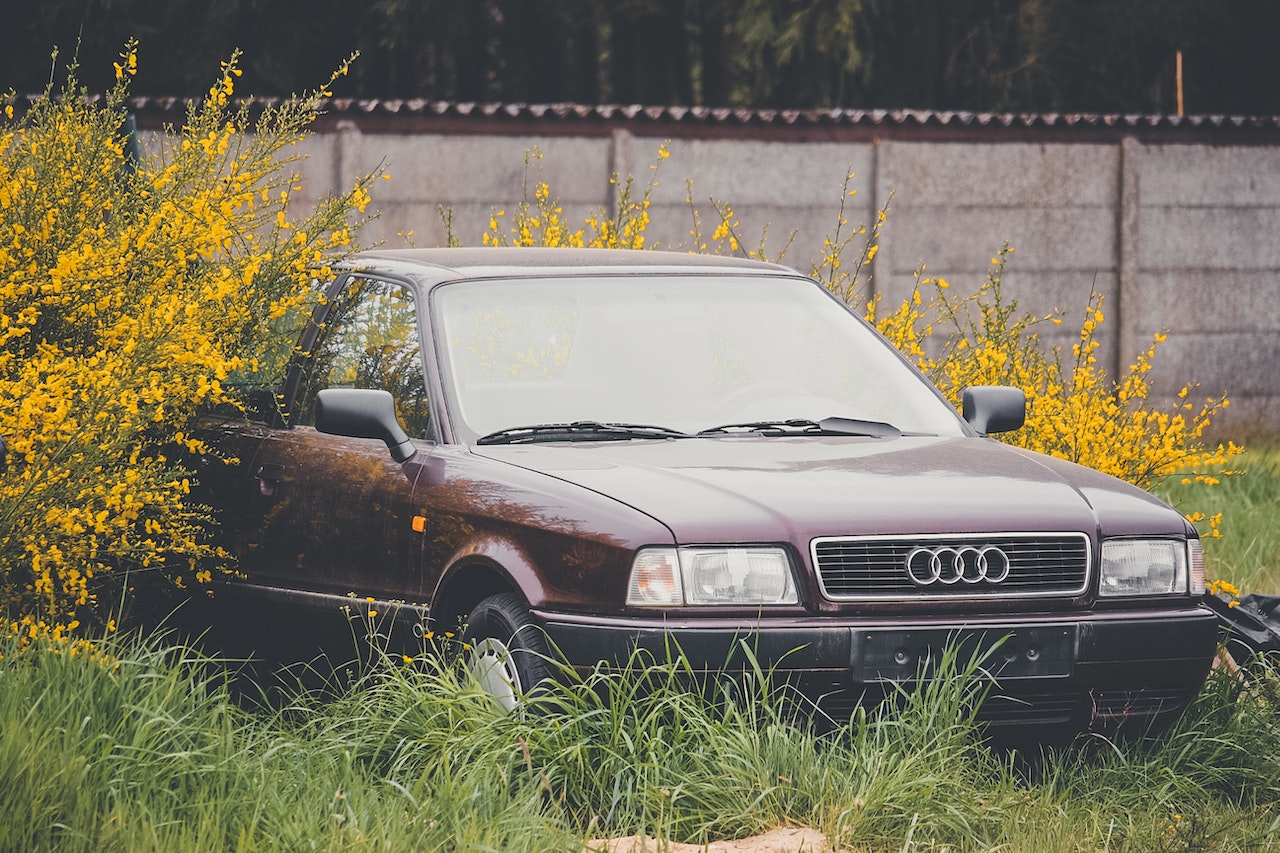October 9, 2019
How to Care for a Veteran with PTSD

Photo by Pixabay under Pexels License
Having a loved one who is suffering from post-traumatic stress disorder (PTSD) can leave you feeling helpless and overwhelmed. Perhaps you’ve been having a difficult time handling the changes in the person that you care about since he came back home from deployment. These changes may include indifference, moodiness, and sudden outbursts of anger that can sometimes frighten you and other members of your family.
What is PTSD?
PTSD is a mental disorder that’s commonly experienced by veterans after they experienced or witnessed traumatic events during combat when they were deployed to conflict areas overseas. During such events, the affected soldiers felt that their lives and those of others were in grave danger and that they had no control over what was happening.
Recurring memories of these events could result in marked physical changes such as profuse sweating, rapid breathing, and increased heart rate. Such memories could also trigger mental changes such as intrusive and recurring thoughts about certain events, distressing dreams, and flashbacks. They could also result in emotional changes such as irritability, outbursts of anger, detachment, and being overtly alert or always on guard.
These symptoms can potentially lead to substance abuse, job loss, and a myriad of other problems. These can have a significant impact not only on the life of the afflicted veteran but on the lives of their whole family as well.
Tips on How to Care for a Veteran with PTSD
If you’re living with someone who has PTSD, know that there’s hope regardless of how bleak the situation may seem to you. It’s important to understand that your presence and support can make all the difference for your loved one’s recovery.
With your help, your partner, friend, or family member can overcome this mental health problem and move on with their life. To help you help them, we at Veteran Car Donations have rounded up some useful tips on how to care for a veteran with PTSD.
- Learn all you can about PTSD.
The best way to help a loved one with PTSD is to try to understand what it’s like to be in their shoes by learning all you can about PTSD. You can do so by reading books, participating in a support group, going to lectures, or talking to a veteran’s treatment team.
- Encourage your loved one to seek treatment.
Seeking mental health treatment is a must for veterans who suffer from PTSD. You’ll need to consider encouraging your loved one to do so. When they agree to get help, give them your full support.
However, not everyone is ready to acknowledge that they need help. As long as they’re not a threat to themselves or to the people around them, you’ll need to respect their decision about seeking treatment.
- Get actively involved in the treatment process.
You can be a part of your loved one’s treatment plan by talking to the mental health professionals who are involved in it. Make sure that you take notes.
- Know the warning signs of a potential relapse.
Anytime you notice an increase in symptoms and other extreme behavioral changes, contact a local crisis team or a therapist. It helps to keep a list of emergency phone numbers ready.
- Take care of yourself.
Learning coping skills to manage the challenges posed by persons with PTSD is a must. It’s important to continue to foster relationships with your support group. Remember to stay connected with your family and friends. You’ll need to stay healthy and strong, so take time to see your doctor whenever you need to.
Help Our Suffering Veterans Today!
Transitioning from military to civilian life is far from easy for a former military serviceman or servicewoman who’s struggling with PTSD. Sadly, many of them go on with their lives without getting the help that they need. Their mental health condition hinders them from landing or keeping stable and rewarding employment.
If you want to help our nation’s heroes get free mental healthcare, consider donating an unwanted vehicle to us at Veteran Car Donations. After we auctioned off your vehicle, we’ll use the proceeds to support the critical programs of our charity partners that cater to veterans, active-duty troops, and their families. These IRS-certified 501(c)3 nonprofit organizations provide their beneficiaries with free mental healthcare, employment opportunities, job training, mortgage-free and specially adapted homes, transitioning assistance, tutoring support, education scholarships, financial assistance, life skills training, counseling, and many other benefits.
You will also benefit from your charitable contribution since the 100% tax-deductible sales receipt you’ll get from us after your vehicle gets sold at auction can significantly lower your tax bill. Moreover, you’ll find satisfaction in our quick, convenient, and hassle-free donation process and our free pickup and towing services.
It doesn’t matter if you’re donating an older model car because we accept nearly all kinds and types of vehicles. You can also make your donation wherever you are in the United States since we have vehicle donation programs in all 50 states.
To get started, you only need to fill out our secure online donation form or call us at 877-594-5822. We’ll handle everything else for you.
If you want to learn more about our vehicle donation program, check out our FAQs page. For inquiries, you send us a message online or call us anytime at our toll-free 27/7 hotline.
Impact the Lives of Our Heroes with Your Car Donation!

Photo by Maurice Engelen under Pexels License
In learning how to care for a veteran with PTSD, you’ll realize how much care and attention many of our nation’s heroes need. We encourage you to make an impact on their lives by donating to us a vehicle that you no longer need. Call us now at 877-594-5822 and get started with your car donation!
Last Updated: August 24th, 2023
